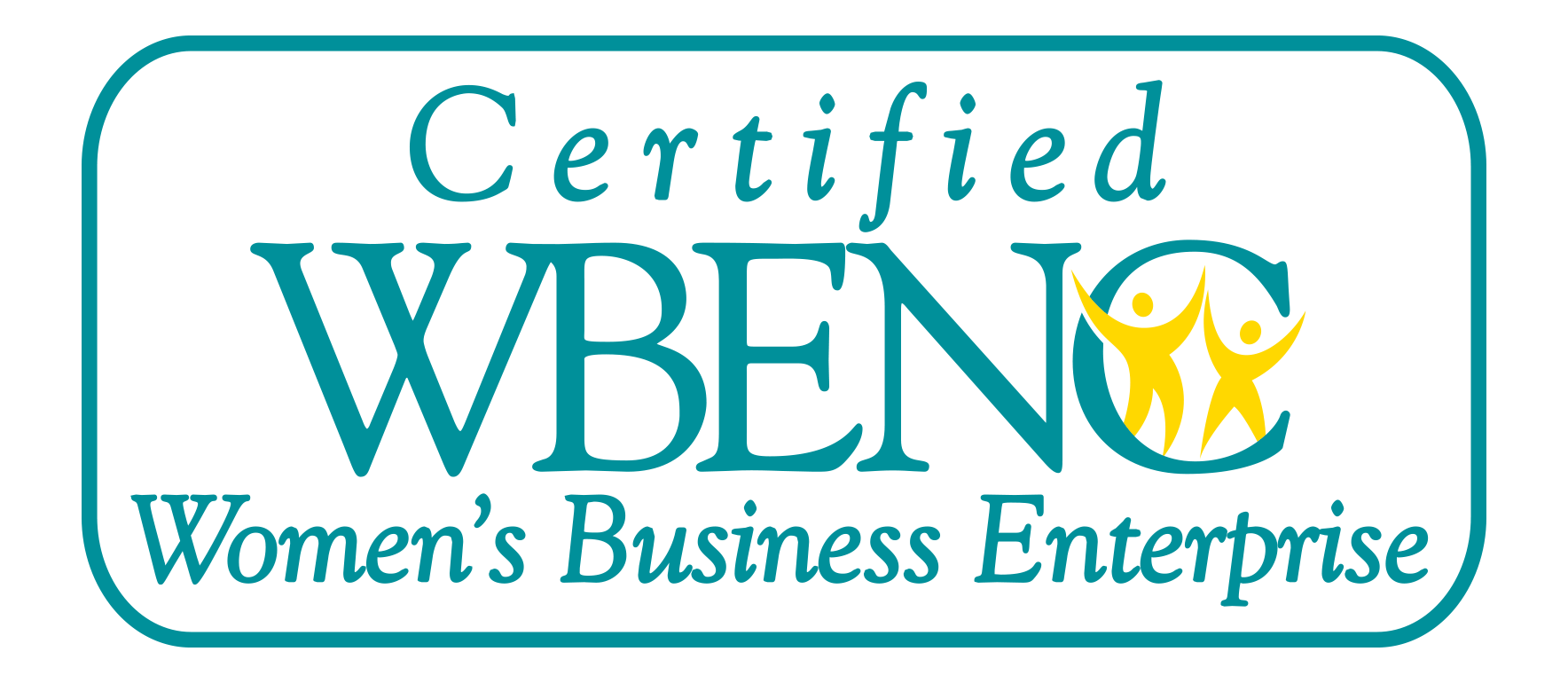Towner Communications and Big Brothers Big Sisters Kansas City: A Partnership that Empowers Local Youth

Imagine your old coat or that pair of shoes collecting dust in your closet becoming the spark that changes a child’s life forever. Every donation to Big Brothers Big Sisters Kansas City (BBBSKC) directly funds programs that provide children in our community with the mentorship they need to unlock their potential.
At Towner,we love giving back to the community, which is why we’re excited to host a donation bin for BBBSKC right here at our office. And trust us, this isn’t just any donation bin—it’s an opportunity for you to directly support local kids in need, all while cleaning out your closet!
Why Big Brothers Big Sisters Kansas City is Essential to Our Community:
Big Brothers Big Sisters Kansas City (BBBSKC) has been matching local children (Littles) with adult mentors (Bigs) for over 50 years. Currently, they have over 1,031 active matches and are working tirelessly to find Bigs for more than 200 kids who are still waiting for a mentor. Through these relationships, Littles experience improved self-esteem, better academic performance, and stronger relationships at home. In fact, 100% of the Senior Littles in Kansas City graduated from high school last year, an incredible statistic that shows just how powerful these mentorships are.
How Your Donations Make a Difference with BBBSKC:
You might be wondering, how does donating my old clothes make such a big impact? The answer is simple—BBBSKC’s thrift operations generate over $1.2 million annually, providing essential funding for their mentoring programs. And with just one donation bin, we can help generate $10,000 to $15,000 a year to fuel this life-changing work.
Recent Success Stories | Fundraising Events Making an Impact:
BBBSKC consistently hosts fundraising events that engage the Kansas City community and bring in significant financial support. Here are just a few examples of their recent successes:
- Summer Bowl for Kids’ Sake: This fun-filled bowling event exceeded expectations in 2024, raising a record-breaking $777,511. These funds help match more children with caring mentors, giving them the confidence and skills they need to succeed.

- Most Wanted Auction: This glamorous auction in December 2023 raised an astonishing $1.24 million. The auction showcased once-in-a-lifetime experiences, with all proceeds directly supporting BBBSKC programs.

Why Towner is Proud to Partner with BBBSKC:
“At Towner, our business is all about connecting people—whether it’s through technology or community outreach,” says Julie Towner, CEO of Towner Communications. “We believe in the power of mentorship to change lives, and Big Brothers Big Sisters Kansas City is doing that every day. Hosting a donation bin is a small way for us to contribute to a huge cause. Every item donated helps a child in Kansas City, and that’s something we can all be proud of.”
By hosting this bin, we’re not just offering a convenient place to donate—we’re helping fuel a mentorship revolution that’s transforming our community. Donating clothes or volunteering as a mentor with BBBSKC offers a powerful way to give back to Kansas City.
National Impact: Big Brothers Big Sisters Across the U.S.:
The National Impact of Big Brothers Big Sisters: While we’re excited to support BBBSKC’s local efforts, it’s important to recognize the larger, national impact of Big Brothers Big Sisters. Founded over 100 years ago, Big Brothers Big Sisters of America has served millions of children across the country. Nationally, this program mentors kids who are:
- 46% less likely to start using illegal drugs
- 55% more likely to enroll in college81% more likely to report stronger family relationships
- 81% more likely to report stronger family relationships
The mentorship model not only helps individual children succeed but also contributes to healthier, stronger communities nationwide.
How Can You Get Involved?
- Donate Clothes: Clean out your closet and drop off gently used items at our donation bin, conveniently located at 310 89th Terrace, Kansas City, MO 64114.
- Become a Mentor: Want to make an even bigger impact? Become a Big Brother or Big Sister by signing up on the BBBSKC website.
- Join an Event: Participate in one of BBBSKC’s amazing fundraising events, like the Summer Bowl for Kids’ Sake or the Most Wanted Auction. Every event supports Kansas City’s youth and brings the community together for a great cause.



























